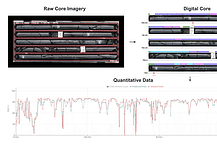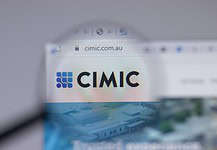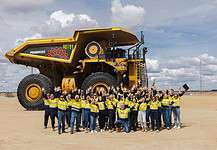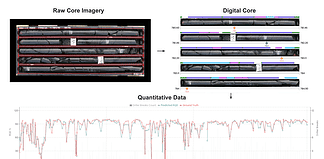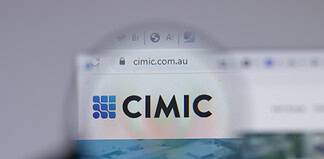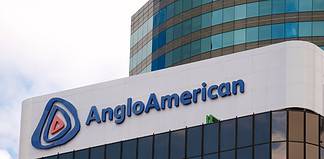NEOMETALS (ASX: NMT) has entered into an MoU with the Institute of Multipurpose Utilization of Mineral Resources Chinese Academy of Geological Sciences (IMUMR) to develop the $692m Barrambie Titanium Vanadium project in WA.
The MoU will lay the foundations for a potential 50:50 commercial production JV.
IMUMR is a leading metallurgical institute in China with recognised expertise in, and relationships with China’s titanium and vanadium chemical processing industry, and global titanium-vanadium production houses.
At an estimated total indicated and inferred mineral resource of 280.1mt at 9.18pc titanium and 0.44pc to 80m vertical depth, the Barrambie deposit is considered to be one of the world’s largest, high-grade titanium-vanadium deposits.
Neometals’ cashed-up potential Chinese partner has the ability to fast track the development by easing the steep construction cost that has been a continuing problem for Neometals in getting Barrambie off the ground.
Neometals’ managing director Chris Reed said that the company would adopt a similar approach to the Mt Marion lithium project.
“China is the largest producer of titanium and vanadium chemicals in the world,” he said.
“Chemical procedures need secure long-term sources of upstream feed sources with credentialed partners to undertake mining and beneficiation in first world jurisdictions.”
The MoU will commence with evaluation activities such as a hydrometallurgical processing demonstration plant, and outlines the potential for a 50:50 JV.
IMUMR has previously conducted beneficiation and pyrometallurgical test-work for Neometals on bulk-ore samples from Barrambie.
Under the MoU, the current pilot test work program at Barrambie will continue with beneficiation in Australia.
In the first half of 2020, mineral concentrate will be sent to China for further processing – subject to IMUMR and Neometals being satisfied with the pilot study results and subject to the decision to proceed with the demonstration plant.
IMMUR would fund the demonstration plant at its test works facility in China, and subject to satisfactory results, the parties will jointly fund a Class 3 Engineering Cost Study (ECS).
The results from the ECS would determine the FID and negotiation of the JV.
The company said it anticipates the test work and ECS to take about 18 months and the JV consideration would be expected about mid-2021.


